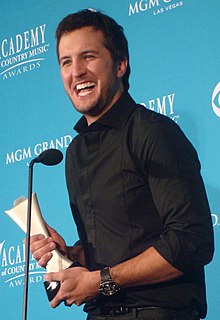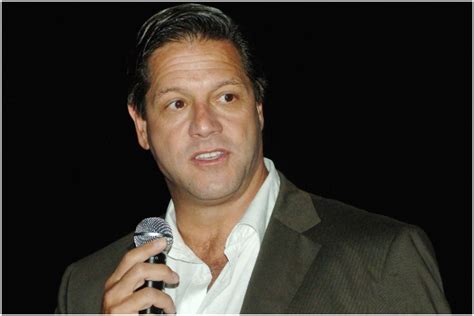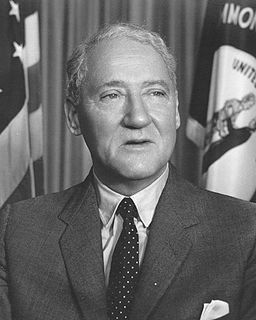A Quote by Uma Thurman
I don't think it takes a brain surgeon to understand how to read a story.
Related Quotes
A Russian cosmonaut and a Russian brain surgeon were once discussing Christianity. The brain surgeon was a Christian, but the cosmonaut wasn’t. ‘I have been in outer space many times,’ bragged the cosmonaut, ‘but I have never seen any angels.’ The brain surgeon stared in amazement, but then he said, ‘And I have operated on many intelligent brains, but I have never seen a single thought.
Have things to look forward to: Plan a trip, treat yourself to the spa, make plans in the future so that you can focus on what you're looking forward to versus how unbearable your present is. Understand that your brain is detaching. It's the same part of the brain that is activated as a cocaine user feening for their next fix. You're literally in withdrawal. Understand that it takes time for your brain and neural pathways to detach. You're not going crazy - it's just a process, and that process takes time.
I don't think we need a critic to negotiate with the audience. People say, "Who are you writing for?" I'm writing for myself but my audience is anybody who knows how to read. I think a story should engage anybody who knows how to read. And I hope that my stories do, maybe on a different level for more sophisticated readers than, say, a high school kid, but still a story has got to grab you. That's why we read it.
Everything necessary to understand my grandfather lies between two stories: the story of the tiger’s wife, and the story of the deathless man. These stories run like secret rivers through all the other stories of his life – of my grandfather’s days in the army; his great love for my grandmother; the years he spent as a surgeon and a tyrant of the University. One, which I learned after his death, is the story of how my grandfather became a man; the other, which he told to me, is of how he became a child again.




































